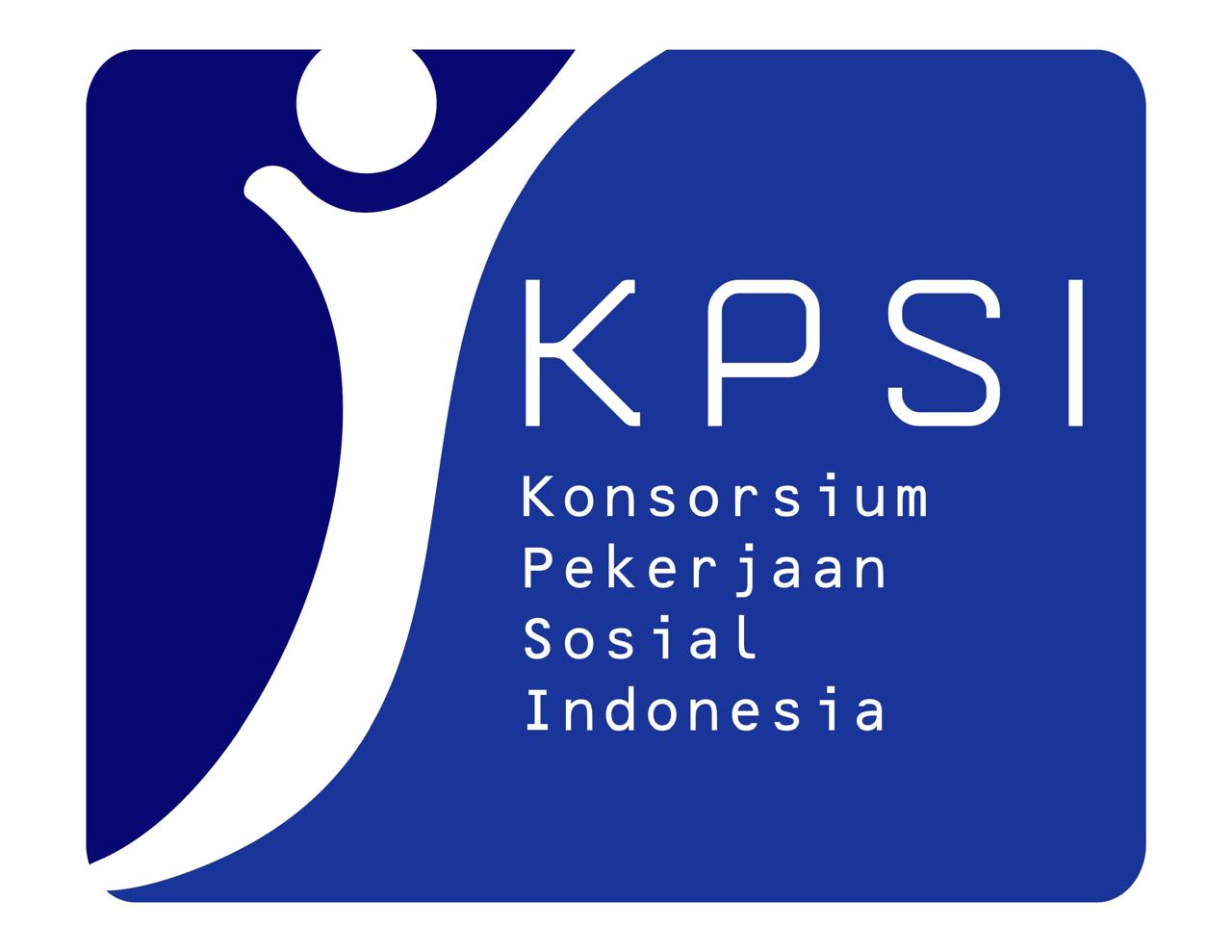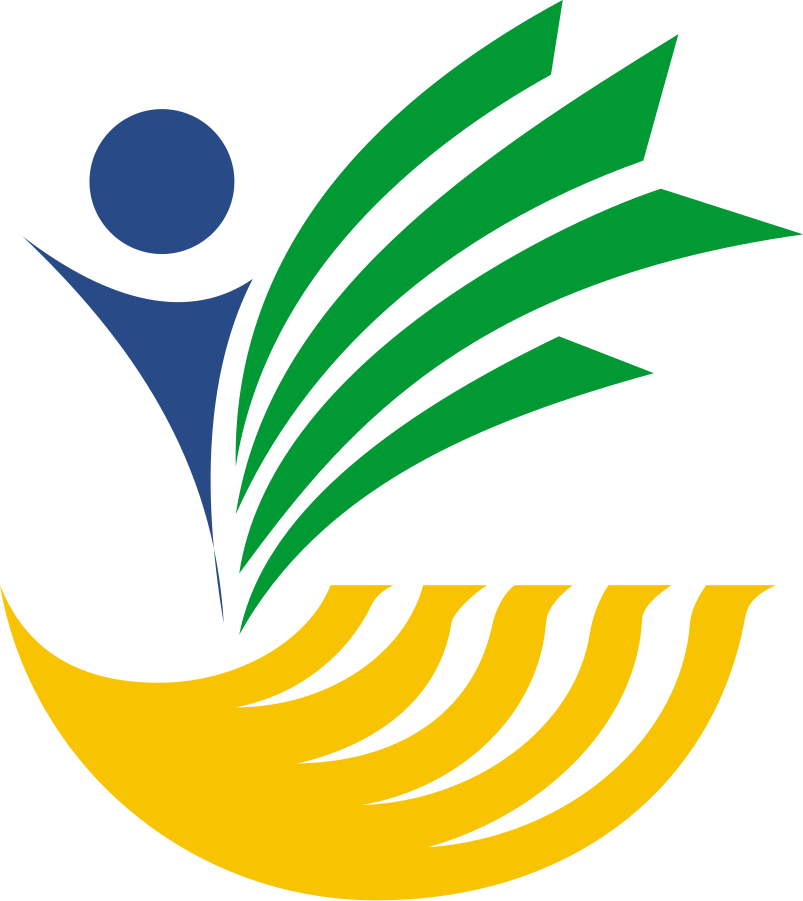Deafening Echoes: Lived Experiences of Adult Survivors of Online Sexual Abuse and Exploitation of Children
DOI:
https://doi.org/10.58671/aswj.v12i2.94Keywords:
Technology-Facilitated Sexual Violence, Child Sexual Abuse, Online Sexual Abuse and Exploitation of CHildren, TraumaAbstract
Online Sexual Abuse and Exploitation of Children (OSAEC) is a global phenomenon of technology-facilitated sexual violence that has become prevalent in the Philippines. This exploratory qualitative study aimed to establish an in-depth understanding of the enduring effect of OSAEC victimization and utilize the phenomenological perspectives to identify key components of a trauma intervention for the population. Specifically, in-depth interviews were held with 5 adult survivors who were initially screened for trauma and 5 psychologists who are providing therapy to survivors of sexual violence. The themes showed that adult survivors of OSAEC face instability across various aspects of their life, including financial constraints, complex family relationships, huge family responsibilities, and health issues. Furthermore, they manifest persistent trauma symptoms such as hounding fears, intrusive memories, avoidance behaviors, negative affect and cognitions. Feelings of shame and stigma related to their past experiences likewise contribute to social isolation and emotional distress. Despite these challenges, the survivors demonstrate resilience through supportive relationships and faith-based coping. Facilitating the recovery of the survivors necessitate an integrative and survivor-focused therapeutic intervention that addresses the digital aspects of the abuse; builds skills in coping and emotional regulation; and fosters resilience. At the family and community level, empowerment is needed through advocacy and education to enable them to provide support and healthy environment for survivors to thrive. The recovery programs must likewise be anchored on responsive institutional systems around the survivors.
References
Ali, M., Ateik, A., Fahlevi, M., Ridzuan, A. R., Aljuaid, M., & Aljounaidi, A. (2023). Global conundrum of child abuse and healthcare issues: A psychonomic analysis (Preprint). https://doi.org/10.2196/preprints.47193
Amanda, L., Russell, D. N., & Eley, C. (2022). Adverse childhood experiences (ACEs) in young people who experienced sexual abuse. Clinical Psychology Forum. https://doi.org/10.53841/bpscpf.2022.1.355.31
American Psychiatric Association. (2022). Diagnostic and statistical manual of mental disorders: Fifth edition, text revision. American Psychiatric Publishing.
Assini-Meytin, L., Thorne, E., Sanikommu, M., Green, K., & Letourneau, E. (2022). Impact of child sexual abuse on socioeconomic attainment in adulthood. Journal of Adolescent Health, 71(5), 594–600. https://doi.org/10.1016/j.jadohealth.2022.05.013
Avidor, S., Palgi, Y., & Solomon, Z. (2017). Lower subjective life expectancy in later life is a risk factor for posttraumatic stress symptoms among trauma survivors. Psychological Trauma: Theory, Research, Practice, and Policy, 9(2), 198–206. https://doi.org/10.1037/tra0000182
Balfour, J. (2022). Victim–Survivor–Warrior–Healer: An autoethnographic account of a male childhood sexual violence survivor's activist journey. Social Work & Social Sciences Review. https://doi.org/10.1921/swssr.v23i2.2086
Bansal, V., Leasure, E., Roth, C., Rezwan, M., Iyer, M., Pal, P., & Hinson, L. (2023). Help-seeking behaviors of those experiencing technology-facilitated GBV in Asia: Implications for policy and programming. Journal of Gender-Based Violence, 7(2), 352–363. https://doi.org/10.1332/239868021x16697232129517
Bennett, N., & O'Donohue, W. (2016). Child abuser's threats and grooming techniques. In Child Abuse and Neglect: Theoretical and Methodological Perspectives (pp. 151–167). Springer. https://doi.org/10.1007/978-3-319-21097-1_17
Bossé, S., Stalder, T., & D'Antono, B. (2018). Childhood trauma, perceived stress, and hair cortisol in adults with and without cardiovascular disease. Psychosomatic Medicine, 80(4), 393–402. https://doi.org/10.1097/psy.0000000000000569
Braun, V., & Clarke, V. (2006). Using thematic analysis in psychology. Qualitative Research in Psychology, 3(2), 77–101. https://doi.org/10.1191/1478088706qp063oa
Brown, J., & Hanson, E. (2017). The impact of online sexual abuse on children and young people. In Online risk to children: Impact, protection, and prevention (1st ed., pp. 97–122). John Wiley & Sons, Ltd.
Castelo-Branco, C., Boada, D., & Reina, M. F. (2022). Impact of child abuse on sexuality: How to prevent short and long-term consequences. Clinical and Experimental Obstetrics & Gynecology, 49(7), 165. https://doi.org/10.31083/j.ceog4907165
Cavanaugh, C. E., Harper, B., Classen, C. C., Palesh, O., Koopman, C., & Spiegel, D. (2015). Experiences of mothers who are child sexual abuse survivors: A qualitative exploration. Journal of Child Sexual Abuse, 24(5), 506–525. https://doi.org/10.1080/10538712.2015.1042186
Davidson, L., & Omar, H. A. (2014). Long-term consequences of childhood sexual abuse. Pediatrics Faculty Publications, 177. https://uknowledge.uky.edu/pediatrics_facpub/177
Davis, L. L., Whetsell, C., Hamner, M. B., Carmody, J., Rothbaum, B. O., Allen, R. S., Bartolucci, A., Southwick, S. M., & Bremner, J. D. (2018). A multisite randomized controlled trial of mindfulness-based stress reduction in the treatment of posttraumatic stress disorder. Psychiatric Research and Clinical Practice, 1(2), 39–48. https://doi.org/10.1176/appi.prcp.20180002
Dedase-Escoton, V., Walker, S., Schurter, D., Moreno, E., Diaz, N., & Silva, S. (2020). A study on online sexual exploitation of children for aftercare reintegration. International Justice Mission. https://osec.ijm.org/documents/19/IJM-Aftercare-Reintegration_research-2021.pdf
Doyle, C., O'Reilly, K., Moorhouse, A., & O'Reilly, G. (2024). An investigation of healthcare professionals' perspectives on the role of technology in child sexual abuse. Journal of Sexual Aggression, 1–19. https://doi.org/10.1080/13552600.2024.2365179
ECPAT International, INTERPOL, & UNICEF Office of Research – Innocenti. (2022). Disrupting harm | End violence: End violence against children. Retrieved September 30, 2022, from https://www.end-violence.org/disrupting-harm#overview
Finkelhor, D., & Browne, A. (1985). The traumatic impact of child sexual abuse: A conceptualization. American Journal of Orthopsychiatry, 55(4), 530–541. https://doi.org/10.1111/j.1939- 0025.1985.tb03538.x
Franz, C., Lyons, M., Spoon, K., Hauger, R., Jacobson, K., Lohr, J., McKenzie, R., Panizzon, M., Thompson, W., Ming, T., Vasilopoulos, T., Vuoksimaa, E., & Kremen, W. S. (2014). Posttraumatic stress symptoms and adult attachment: A 24-year longitudinal study. American Journal of Geriatric Psychiatry. https://doi.org/10.1016/j.jagp.2014.02.00
Gautam, S. K., Khajuria, H., Gupta, R. R., & Nayak, B. P. (2022). Recent trends in child sexual abuse material (CSAM) distribution in Indian cyberspace. International Journal of Cyber Warfare and Terrorism, 12(1), 1–15. https://doi.org/10.4018/IJCWT.297857
Gkesoglou, T., Pervanidou, P., Bozikas, V. P., & Agorastos, A. (2022). Neurobiology of early life traumatic stress and trauma: Prolonged neuroendocrine dysregulation as a neurodevelopmental risk factor. Psychiatry. https://doi.org/10.22365/jpsych.2022.059
Giroux, C., & Sciolla, A. F. (2017). Trauma- and stressor-related disorders in late life. In Geriatric psychiatry (pp. 283–304). Springer. https://doi.org/10.1007/978-3-319-67555-8_14
Graafland, J. (2018). New technologies and 21st century children: Recent trends and outcomes. Research Papers in Economics. https://doi.org/10.1787/E071A505-EN
Hamilton-Giachritsis, C. E., & Sleath, E. (2017). Effects of interpersonal crime on victims. In G. Davies & A. R. Beech (Eds.), Forensic psychology (3rd ed., pp. 173–190). John Wiley & Sons.
Hanson, E. (2017). The impact of online sexual abuse on children and young people: Impact, protection, and prevention. In Online risk to children: Impact, protection, and prevention (1st ed., pp. 97–122). John Wiley & Sons. https://doi.org/10.1002/9781118977545.ch6
Harracksingh, R., & Janagan Johnson, E. (2022). An exploratory study on child sexual abuse and exploitation. Social Dimensions of Innovation, 43(2). https://doi.org/10.3998/sdi.1823
Huber, J. F., Mulligan, M., & Wright, J. (2019). The intersection of cyberbullying and sexual abuse: The experience of victims and perpetrators. Child Abuse Review, 28(2), 105–118. https://doi.org/10.1002/car.2614
Jager, E., Kelly, D. S., & Smith, R. (2022). Preventing online sexual abuse: Recommendations from a qualitative study of child and adolescent victims. Journal of Child Protection, 7(1), 45–59. https://doi.org/10.1080/17449359.2021.1948345
Jones, L., & McCabe, J. A. (2024). Trauma-informed approaches to child sexual abuse: A comprehensive review. Journal of Trauma & Dissociation. https://doi.org/10.1080/15299732.2024.1234567
Kearney, C., & Braddock, C. (2023). The role of early intervention in mitigating the long-term effects of child abuse. Traumatology, 29(4), 320–332. https://doi.org/10.1037/trm0000314
Kloppenborg, K., & Sun, J. (2022). The impact of childhood trauma on the development of antisocial behaviors: A meta-analysis. Journal of Youth and Adolescence, 51(6), 1101–1117. https://doi.org/10.1007/s10964-022-01735-0
Kline, A., Tolin, D. F., & Fairburn, C. G. (2019). Prevalence and impact of child abuse in adults: Findings from a large scale study. Journal of Anxiety, Stress, and Trauma, 25(4), 645–663. https://doi.org/10.1007/s10961-018-9515-x
Lambert, J., & Elliott, A. (2023). The role of social support in mitigating the impact of child sexual abuse: A review of the literature. Journal of Child and Family Studies, 32(7), 2145–2162. https://doi.org/10.1007/s10826-023-02792-5
Lev-Wiesel, R., & Brown, L. (2022). Understanding the psychological impact of online child sexual exploitation. Psychiatric Quarterly, 93(2), 345–359. https://doi.org/10.1007/s11126-022- 10085-2
Li, X., & Wang, Y. (2024). Long-term effects of childhood sexual abuse: A longitudinal study of mental health outcomes. Journal of Child and Adolescent Mental Health, 27(1), 77–89. https://doi.org/10.1080/20502556.2023.2145665
Matthysee, C. A., & Louw, A. (2023). Factors influencing the long-term mental health of child sexual abuse survivors. Clinical Psychological Science, 11(1), 14–27. https://doi.org/10.1177/21677026221100866
McCauley, J., & Rumschlag, H. (2022). Trauma and recovery: The long-term effects of childhood sexual abuse on adult relationships. Journal of Trauma Recovery, 38(3), 290–307. https://doi.org/10.1037/tra0000247
Murphy, D., & Marston, A. (2022). The impact of child sexual abuse on cognitive development: A review. Journal of Developmental and Behavioral Pediatrics, 43(6), 476–487. https://doi.org/10.1097/dbp.0000000000000967
O'Hare, T., & Hennessey, R. (2018). Cognitive-behavioral therapy for survivors of childhood sexual abuse. Clinical Psychology Review, 64, 1–15. https://doi.org/10.1016/j.cpr.2018.01.001
Pérez, C., & Ochoa, S. (2023). The intersection of race, gender, and sexual abuse: Implications for treatment and prevention. Journal of Race and Ethnicity in Social Work, 32(1), 55–72. https://doi.org/10.1080/23325792.2023.2105945
Rafiq, M., & Hussain, A. (2024). Evaluating interventions for child sexual abuse survivors: A systematic review. Psychological Assessment, 36(2), 345–362. https://doi.org/10.1037/pas0000249
Sanchez, M., & Levin, S. (2022). Exploring the effects of community-based interventions for child sexual abuse survivors. Journal of Community Psychology, 50(3), 502–518. https://doi.org/10.1002/jcop.22556
Tolin, D. F., & Foa, E. B. (2022). Cognitive-behavioral therapy for posttraumatic stress disorder in survivors of childhood sexual abuse: A meta-analysis. Journal of Anxiety, Stress, and Trauma, 28(4), 530–544. https://doi.org/10.1007/s10964-022-01778-3
Wright, S., & Ellis, M. (2023). Online safety and child sexual abuse: Emerging trends and responses. Cyberpsychology, Behavior, and Social Networking, 26(2), 105–115. https://doi.org/10.1089/cyber.2022.0151
Young, L., & Thomas, J. (2023). Child abuse and its impact on educational outcomes: A longitudinal study. Journal of Educational Psychology, 115(5), 845–860. https://doi.org/10.1037/edu0000765
Zhao, L., & Zhang, X. (2023). Child sexual abuse in digital spaces: Assessing risk and protective factors. International Journal of Child Protection, 15(2), 133–147. https://doi.org/10.1007/s11647-023-00327-5
Downloads
Published
How to Cite
Issue
Section
License
Copyright (c) 2024 Adesty Dulawan, Lucila Bance

This work is licensed under a Creative Commons Attribution-NonCommercial-ShareAlike 4.0 International License.































